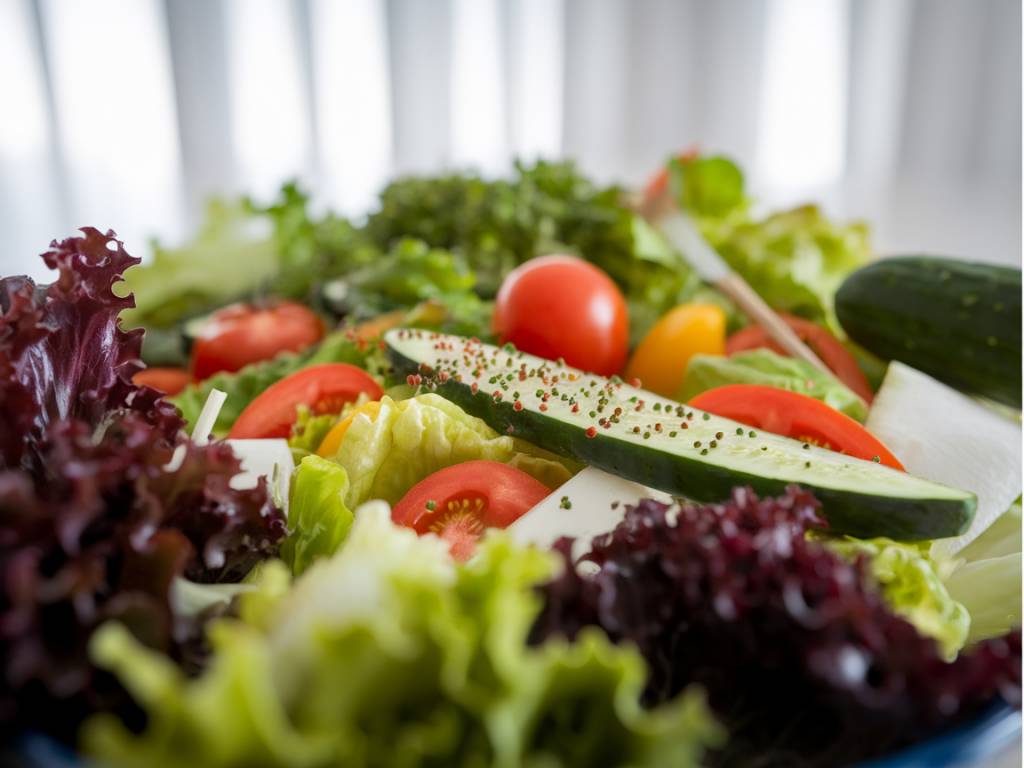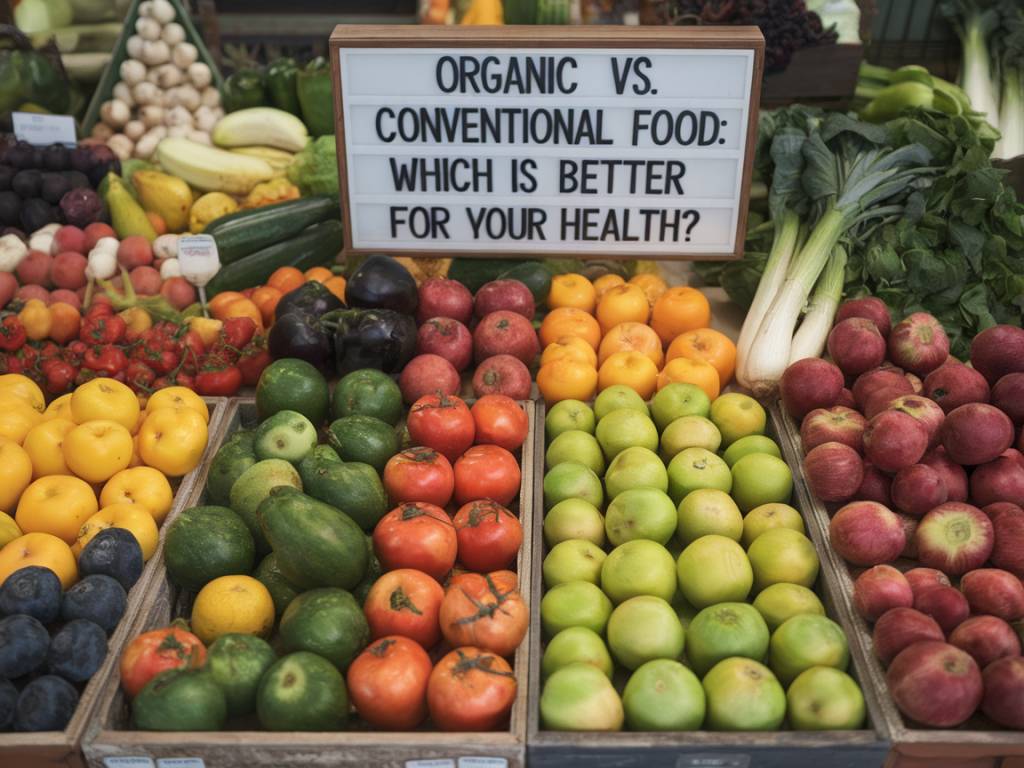Pesticides play a crucial role in modern agriculture, helping to protect crops from pests and diseases. However, these chemicals can also make their way into our food supply, potentially posing health risks that many of us may not be fully aware of. Are you curious about what’s really on your plate? In this article, we’ll explore the hidden dangers of pesticides in your everyday diet, providing you with the knowledge to make informed food choices.
What Are Pesticides and How Do They Enter Our Food?
Pesticides are substances used to prevent, destroy, or control pests and diseases on plants. They come in various forms, including insecticides, herbicides, and fungicides, each designed to target specific agricultural challenges. While they help ensure abundant food production, their residues can linger on fruits, vegetables, and grains, finding their way into our daily meals.
The Impact of Pesticides on Health
What’s lurking on your lettuce? The potential health risks associated with pesticide exposure can be concerning. Let’s delve into some key issues:
- Hormonal Disruption: Some pesticides are known as endocrine disruptors, meaning they can interfere with hormonal functions. This can lead to developmental, reproductive, neurological, and immune problems in both children and adults.
- Increased Cancer Risk: Certain pesticides have been classified as carcinogenic, with long-term exposure linked to an increased risk of cancers such as leukemia and lymphoma.
- Neurological Effects: Prolonged exposure to pesticides can negatively impact the nervous system, potentially leading to cognitive impairments and conditions like Parkinson’s disease.
Aren’t those risks enough to make you reconsider your grocery choices?
The Vulnerability of Children and Pregnant Women
Why are babies and growing bellies more at risk? Children and pregnant women are particularly vulnerable to the effects of pesticides due to their developing systems and smaller body size. Even low levels of exposure during critical developmental windows can have profound long-term health implications for children, affecting brain development and potentially leading to behavioral disorders.
How to Minimize Pesticide Exposure in Your Diet
Feeling a bit overwhelmed? Don’t worry; there are practical steps you can take to reduce your exposure to pesticides:
- Choose Organic: Opting for organic foods can be an effective strategy, as organic farming practices limit the use of synthetic pesticides and fertilizers.
- Wash Your Produce: Rinsing fruits and vegetables under running water can help remove some pesticide residues. Consider using a produce brush for items with thick skins.
- Peel and Trim: Peeling fruits and vegetables and trimming outer leaves can reduce surface pesticide residues, although be mindful that this can also remove valuable nutrients.
- Stay Informed: Familiarize yourself with the Environmental Working Group’s (EWG) « Dirty Dozen » and « Clean Fifteen » lists, which highlight produce with the highest and lowest pesticide residues, respectively.
The Role of Policy and Consumer Action
Asking yourself, what else can I do? Beyond individual actions, consumers can advocate for stronger regulations on pesticide use and support initiatives that promote safer agricultural practices. Consider supporting local farmers’ markets and community-supported agriculture (CSA) programs, which often emphasize sustainable and organic farming.
Ultimately, staying informed and proactive about the food we eat can empower us to make healthier choices for ourselves and our loved ones. After all, aren’t we all striving for a healthier, pesticide-free plate?
The Future of Food: Moving Towards Sustainable Practices
Could the future be greener? As awareness grows about the potential dangers of pesticides, more consumers and producers are turning towards sustainable farming practices. Innovations in agriculture, such as integrated pest management (IPM) and biotechnology, offer promising solutions to minimize pesticide dependency while maintaining crop yields.
Collaborative efforts between scientists, policymakers, and the agricultural community can pave the way for a food system that prioritizes both human health and environmental sustainability. It’s a journey worth taking, don’t you think?
Incorporating these insights into your daily life might not transform the world overnight, but it’s a step towards a healthier and more informed relationship with food. Here’s to healthier eating and living!




